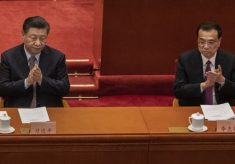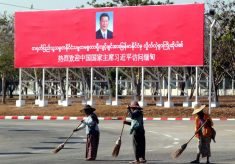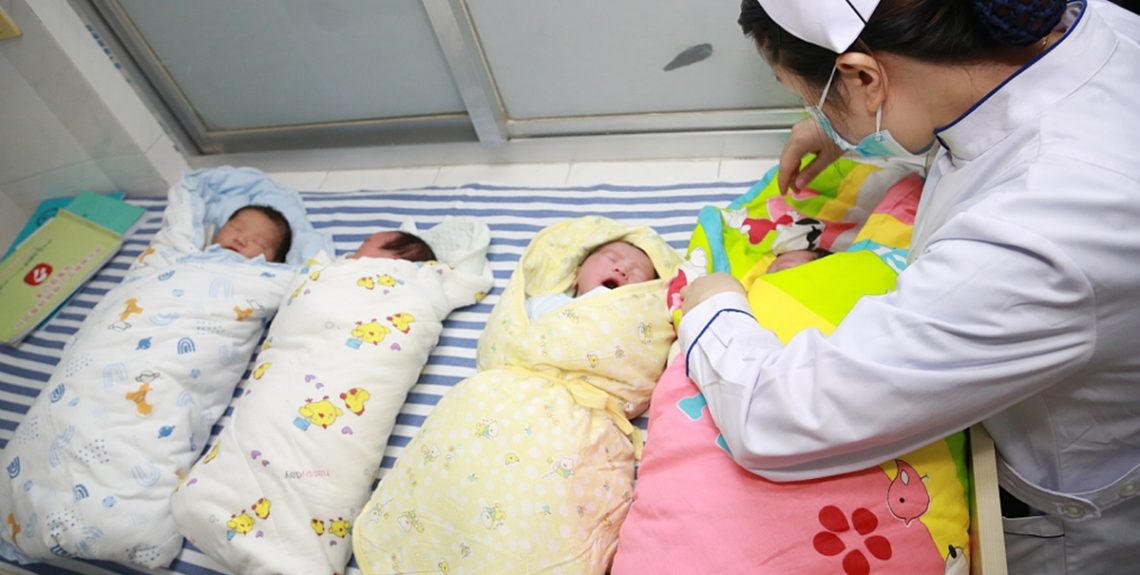
Archive


China may be expanding its nuclear capabilities
29 July 2021

China urges India to ease border tensions
26 June 2021


China’s imports hit a decade high
30 April 2021

China sets its GDP target and HK priorities for 2021
27 March 2021

China, India and the vaccine diplomacy
28 February 2021



